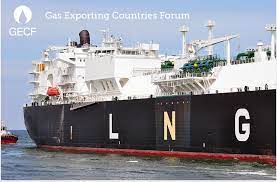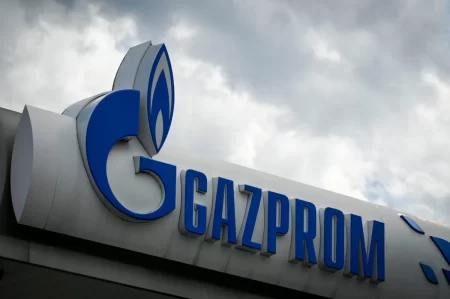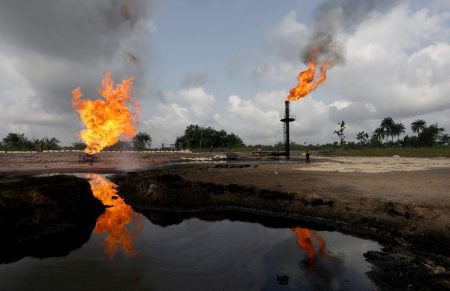
Singapore — Asian spot liquefied natural gas (LNG) prices this week slipped for the first time in over a month, tracking declines in European gas prices as milder winter temperatures reduced heating demand.
The average LNG price for February delivery into northeast Asia LNG-AS was $31 per million British thermal units (mmBtu), down $7, or 18.4%, from the previous week, industry sources estimated.
Asian prices fell along with much larger declines in the Dutch Title Transfer Facility (TTF), Europe’s main natural gas futures market, as milder temperatures reduced regional heating demand expectations, said Ryhana Rasidi, gas and LNG analyst at data analytics firm Kpler.
Asian prices declined less, she added, “likely due to the below-normal temperature outlook that is expected for the remainder of the year in northeast Asia.”
In Europe, S&P Global Commodity Insights assessed its daily Northwest Europe LNG Marker price benchmark, for cargoes delivered in February on ex-ship (DES) basis, at $27.069 per mmBtu on Dec. 22, a discount of $2.025 per mmBtu to the February gas price at the Dutch TTF hub.
“Europe’s gas markets have survived the first half of the winter in reasonable shape supply-wise. The region has continued to receive steady inflows of LNG, and storage looks set to enter 2023 at a reasonably high level,” said ICIS LNG analyst Alex Froley.
“Next year should see ongoing strong prices across the year as global LNG supply growth remains small. But regional spreads may narrow as Germany opens import capacity and if Asian demand recovers as China emerges from COVID lockdowns.”
Europe has been sourcing alternatives to Russian piped gas, including importing more LNG, after supplies were cut off following Russia’s invasion of Ukraine.
Germany launched two LNG terminals in November, while six floating storage and regasification (FSRUs) spread over four sites are currently expected to come online by the end of 2023.
European Union energy ministers this week agreed on a gas price cap in an attempt to lower prices that have soared this year, driving energy bills and inflation higher.
In China, COVID infections are forecast to peak within a week after the world’s second-largest LNG importer abruptly dismantled measures to curb the virus’ spread. As workers fall ill, its economy is expected to face disruptions in the short term before rebounding next year.
LNG freight rates extended their downtrend this week, said Tim Mendelssohn, chief executive of Spark Commodities.
Spark’s Atlantic rate for tankers on Friday fell to $153,000 per day while the Pacific rate declined to $160,750 per day.
(Reporting by Emily Chow; editing by Christian Schmollinger) – Reuters
Follow us on twitter



